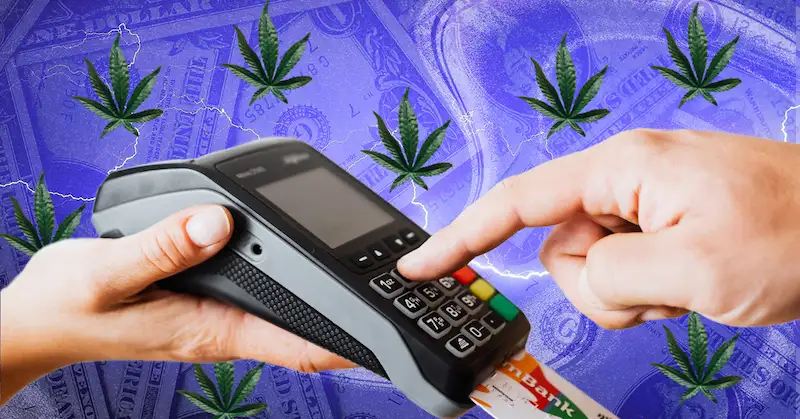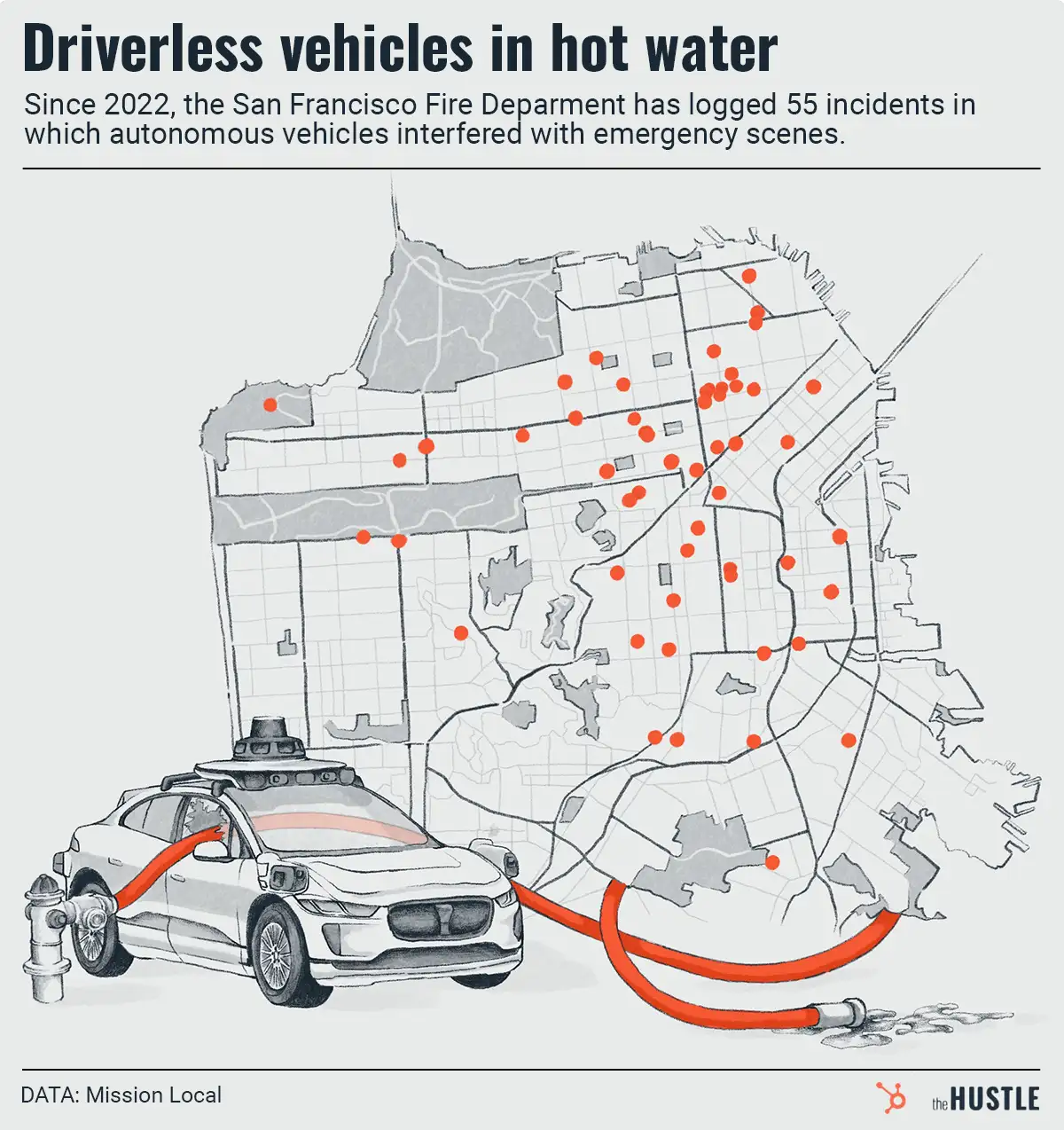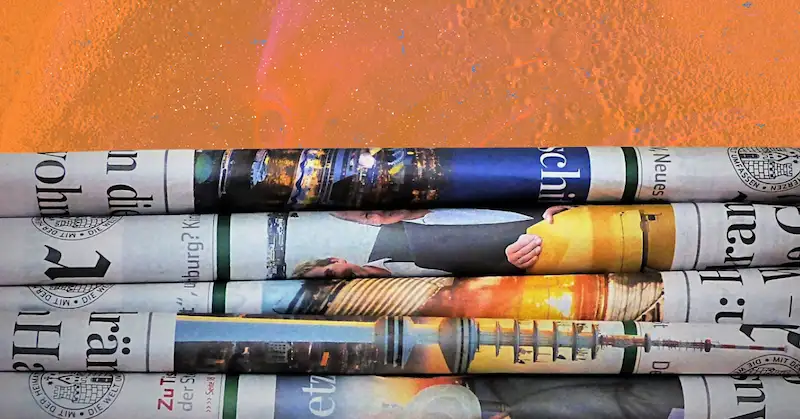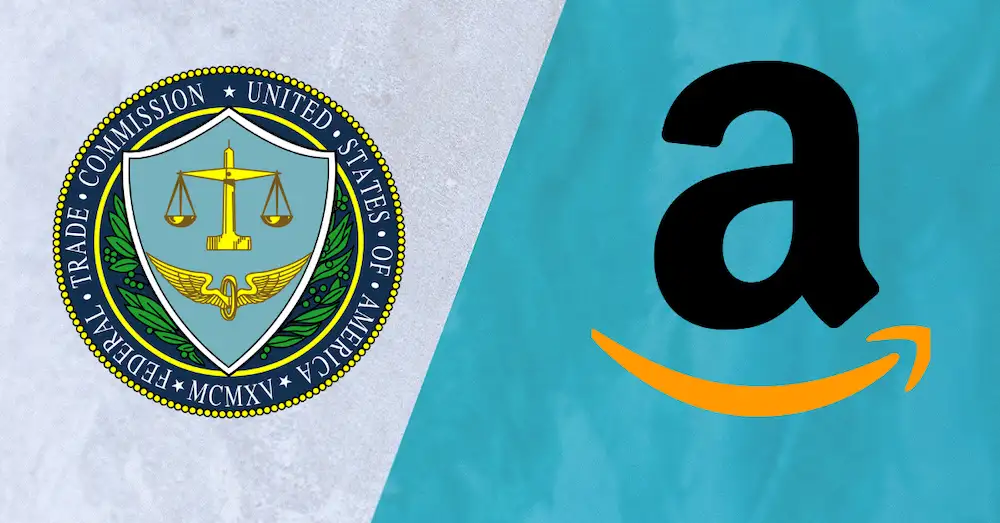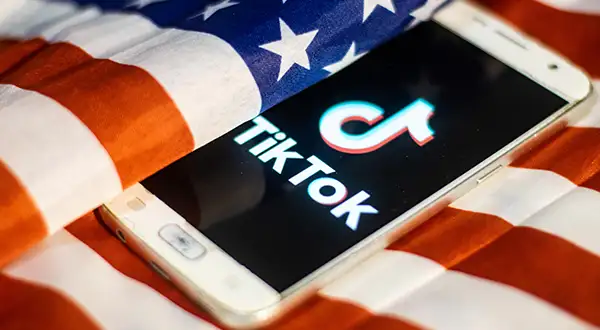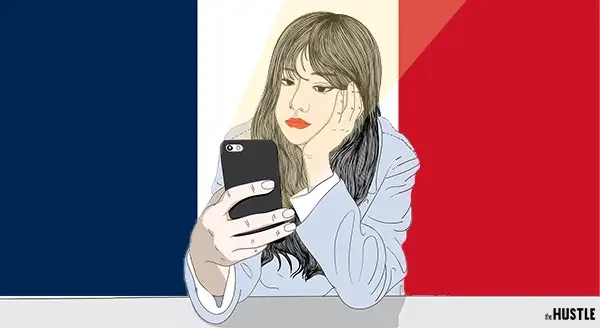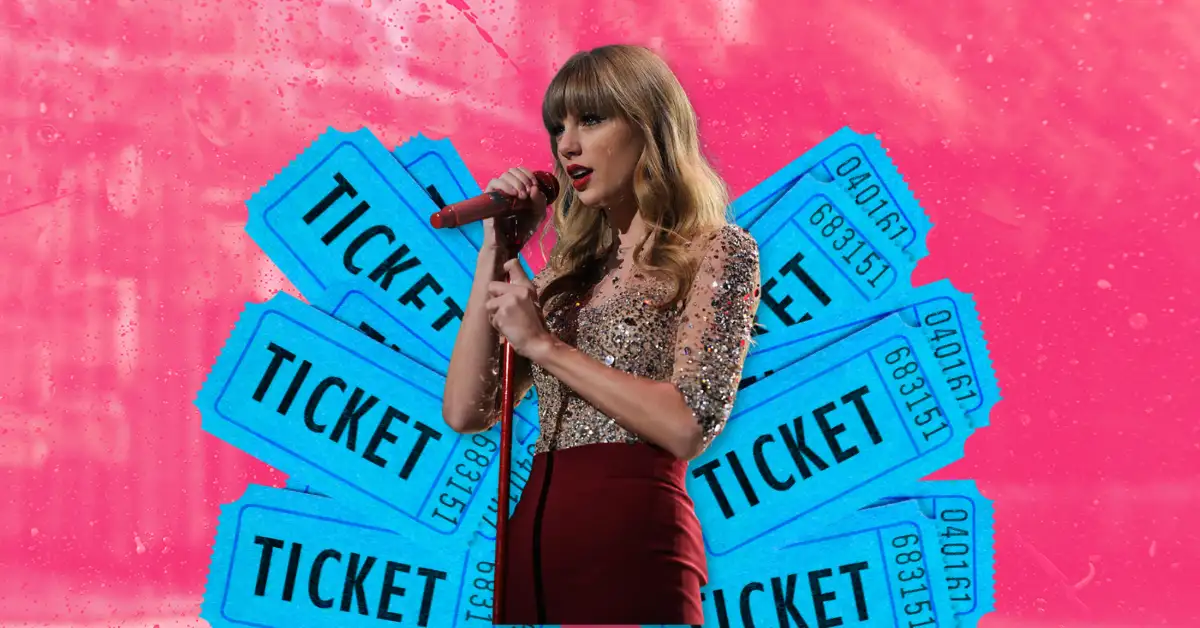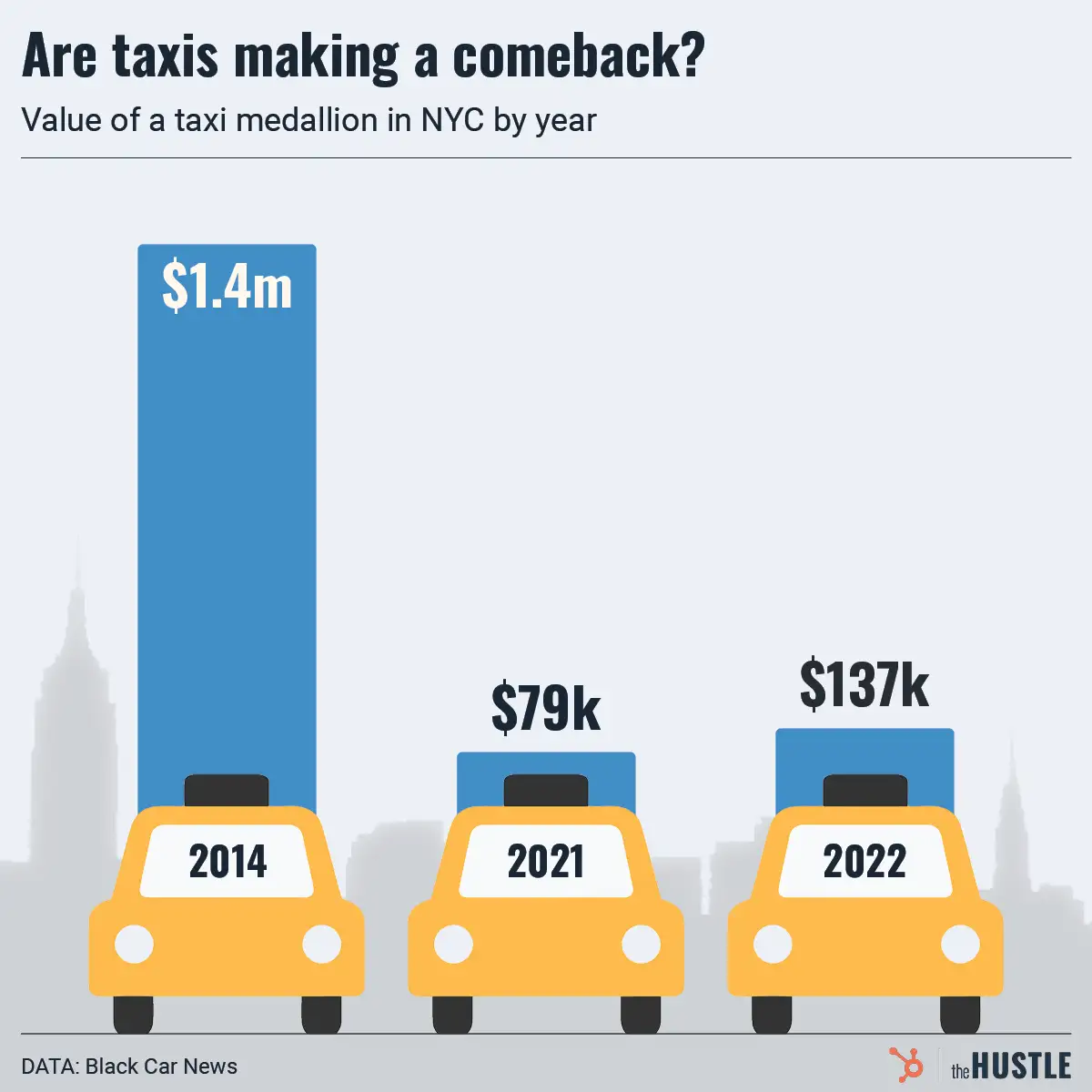At the end of 2017, New York-based company Intersection raised $150m to expand its free internet kiosks from New York and London to cities across America like Pittsburgh, Chicago, and San Francisco.
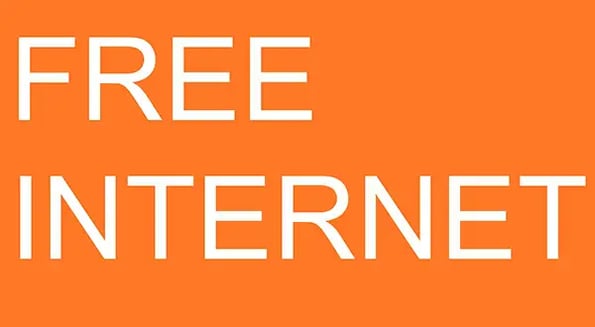
If you’re wondering how a company whose business model includes the word “kiosk” makes money in this day in age, we’ve got 2 words for you: targeted advertising.
Because straight-up data collection didn’t go over so well
Back in 2014, BuzzFeed outed the company for using beacons in hundreds of its NYC kiosks, which could be used to track users and serve them location-based ads. Mere hours later, the city ordered the company to remove the beacons.
Now, it has set its sights on digital advertising by using the kiosks as mini billboards with location-specific advertising (stands in Central Park target runners, while Wall Street stands might display fintech ads) — and, of course, Wi-Fi hotspots to draw users in like moths to a flame.
There are a few limitations…
Namely, their reliance on kiosks. Intersection CEO Ari Buchalter told Axios that the 2 biggest limitations are the need for “physical infrastructure” and a high volume of eyeballs.
But according to Buchalter, that doesn’t mean Omaha, Nebraska, or other low population density cities are out of the running — it just means Intersection has to figure out where the local hot spots are for people in each city, then set up shop.

